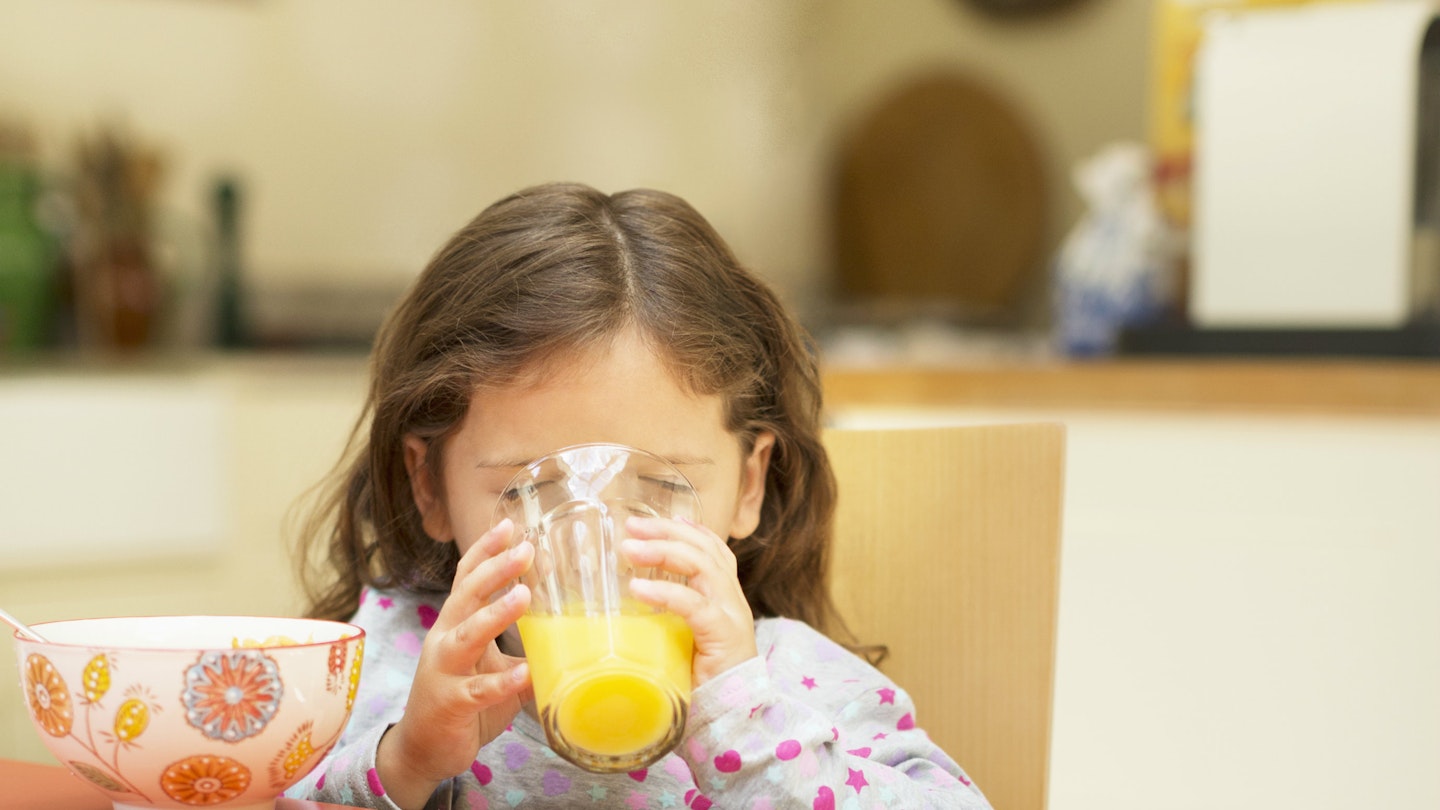With one corner of the internet raving about the benefits of drinking juice, and the other half complaining about the high sugar content in the beverage, it’s hard for us lay people to really understand where we stand with the sweet stuff.
Are natural fruit sugars good for us, or shall we shun all sugars for good?
Confusing, right?
Well, we spoke to experts of all things food and health to find out just what they think about juice and sugar.
The important thing – like anything we put in our bodies – is just to be aware exactly what we’re consuming. And moderation, of course.
Is juice really high is sugar?
A recent study by the British Medical Journal found that 40 per cent of juices and smoothies that you buy in there supermarkets contain the daily recommended intake of sugars for our little ones (despite sugars being exempt on the upcoming sugar tax.)
Sometimes we forget about the reality of the often-high sugar content in juices, especially as it’s labelled ‘natural.’
And yes, natural fruit sugars ARE better for us than refined, processed white sugar, but eating any sugar in excess isn’t good for our health or teeth.
Dr Sally Norton, and NHS Weight Loss Surgeon & Consultant stresses that you still need to keep an eye on your consumption of natural sugars.
Fruit and vegetable based drinks – as oppose to all fruit – will usually be lower in sugars, so opt for one of these cocktails instead.
Is a glass of juice really as bad a can of cola?
Russell James – aka The Raw Chef - explained that in his opinion, comparing a fruit juice to a fizzy drink like cola is a step too far in the war on sugar.
The expert chef – who switched to a raw food diet after it transformed his health completely – states: “I really don't see how anyone can compare sugary, chemical drinks with fresh fruit and vegetables. All sugar is not equal and sugar is only part of the equation in this comparison; just look at the ingredients list!”
So if it’s juice over fizzy, there’s no competition. It's full of vitamins, minerals and antioxidants.
How often should we drink juice?
Dr Norton suggests: “Keep the juice as an occasional indulgence rather than daily drink – especially when it comes to your kids – and when possible, dilute juices too. You will be more full, and take in less sugar.”
Everything in moderation, ey?
Although water is always the favourite, when it comes to giving fruit juice to your kids, it’s really not the sin it’s made out to be as long as it’s an occasional treat – like most things. Obviously the best option for yourself and your little one is the option for the fruit itself rather than the juice, but that’s often easier said than done. Especially on the go with tots.
What’s important to remember is that’s is looking at where juice fits in to your diet as whole that counts. Russell says:
“If someone has a really unhealthy diet, then even including fruit juices is going to be a massive upgrade for them. As a person becomes healthier and starts to change their tastes, then it's a really good idea of include less and less of the fruity juices.”
If a glass of juice – albeit sugary - is coming in place of an unhealthy drink/snack that’s high in fat and low in nutrition, it’s definitely the better option.
What’s the different between fresh, homemade juice and shop bought options?
With juice, it’s definitely the fresher the better, as the higher it will be in all the nutrients that set it apart from cola and lemonade.
Better still making your OWN fresh juice means you’ll know exactly what’s going in it. This way it’s easier to balance out sweet fruits with vegetables and seeds to lower sugar content, too.
Aim for putting 50 per cent fruit and 50 per cent vegetables or seeds etc into your juicer. If you need to begin with, start with a higher fruit content and slowly adjust the balance until you accustom to the taste.
In Russell’s eye, it all comes down to pasteurisation (the process that kills bacteria in liquid food.)
He says: “I stay away from any juices that have been pasteurised (heated) because it completely changes their nutritional make up. The sugar issue become much more relevant when we're talking about heated juices."
Is the juicing good for you?
Like many diets or detox’s juicing is safe as long as it is undertaken sensibly.
“Juicing of nutrients from raw and unprocessed vegetables in their natural state, right into your body as quickly as possible,” say Russell.
Head nutritionist at Nutricentre.com, Shona Wilkinson explains: “Nowadays, food is so easily available that most of us eat every few hours and snack or ‘graze’ between meals. This means that the digestive system and liver are constantly working to process food.”
Hence why a liquid diet can help us feel rejuvenated and energized. Less thick and overly-filling starchy food to break down? Hurrah!
To find out more about juicing, see HERE.
